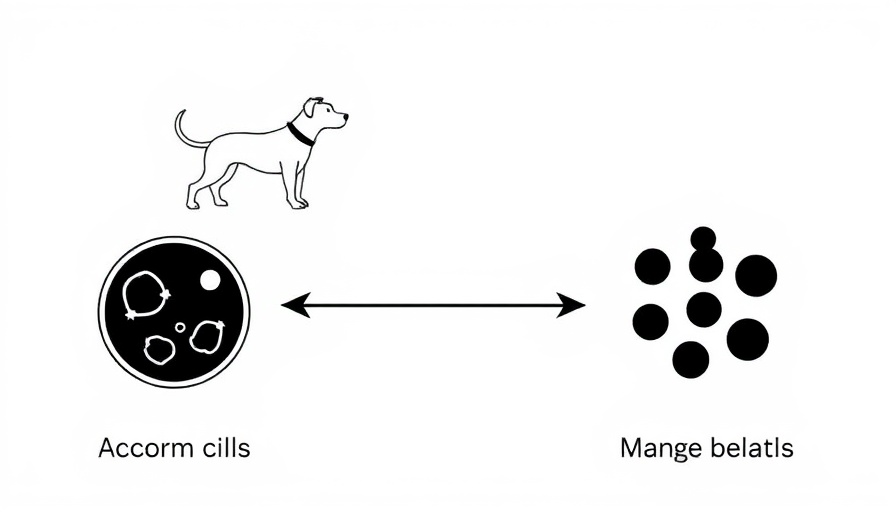
A Breakthrough in Veterinary Medicine: Stem Cells from Urine
Recent advances in veterinary medicine have revealed a groundbreaking method for generating high-quality mesenchymal stem cells (MSCs) from canine urine. Researchers at Osaka Metropolitan University, led by Professor Shingo Hatoya and Dr. Masaya Tsukamoto, have successfully created these cells using induced pluripotent stem cells (iPSCs), offering promising potential for regenerative therapies in dogs.
What Are Mesenchymal Stem Cells (MSCs)?
Mesenchymal stem cells are currently derived from sources like fat and bone marrow. They possess remarkable anti-inflammatory properties and the ability to modulate the immune response. However, the quality and proliferation capacity of MSCs can vary based on the age and health of the donor animal. This variability has sparked interest in alternative methods for producing uniform, high-quality stem cells.
The Role of Induced Pluripotent Stem Cells
Induced pluripotent stem cells, or iPSCs, can differentiate into various cell types and have unlimited capacity for proliferation. By utilizing iPSCs, the researchers aimed to produce a stable supply of canine MSCs. Their study, recently published in the journal Regenerative Therapy, marks a significant step forward in veterinary science, creating the first high-quality canine MSCs from urine cells. This innovative approach not only enhances cell quality but also brings forth a more humane source for stem cell extraction.
Significance of Using Urine for Stem Cell Production
The study found that the best MSCs were obtained from urine cells, a method not previously explored extensively in canines. Professor Hatoya emphasizes the importance of this breakthrough, as it could lead to improved treatments for various conditions in dogs, ranging from joint diseases to inflammatory disorders. This research provides a much-needed resource for veterinary hospitals aiming to implement regenerative therapies.
Future Directions in Canine Regenerative Medicine
Looking ahead, the researchers plan to conduct extensive studies on the immune-regulatory effects of these urine-derived MSCs. It's an exciting time in veterinary medicine, as advancements like these have the potential to revolutionize how we approach dog health, ultimately leading to more effective treatments and better quality of life for our furry companions.
The Bigger Picture: What This Means for Veterinary Care
This innovation not only represents a scientific achievement but also reflects a growing trend in biotechnology—leveraging biological materials in creative and compassionate ways. As we continue to uncover the vast potential of stem cells in regenerative medicine, this breakthrough is a reminder of the importance of continuing research and development. With each discovery, we get closer to harnessing the body's natural ability to heal itself through innovative therapies.
Why Should Pet Owners Care?
For pet owners, this advancement means hope. Advances in regenerative medicine can lead to the development of novel treatments that may extend the lives of beloved pets who are suffering from chronic conditions. Knowing that there are researchers working hard to innovate in veterinary medicine can help ease the fears associated with pet health issues.
As regenerative therapies become more accessible and effective, pet care will evolve. This is an exciting prospect for not just dogs and their owners, but for the entire field of veterinary science. The future is bright, and the journey of scientific discovery continues to pave the way for better veterinary practices and healthier pets.
 Add Row
Add Row  Add
Add 




Write A Comment